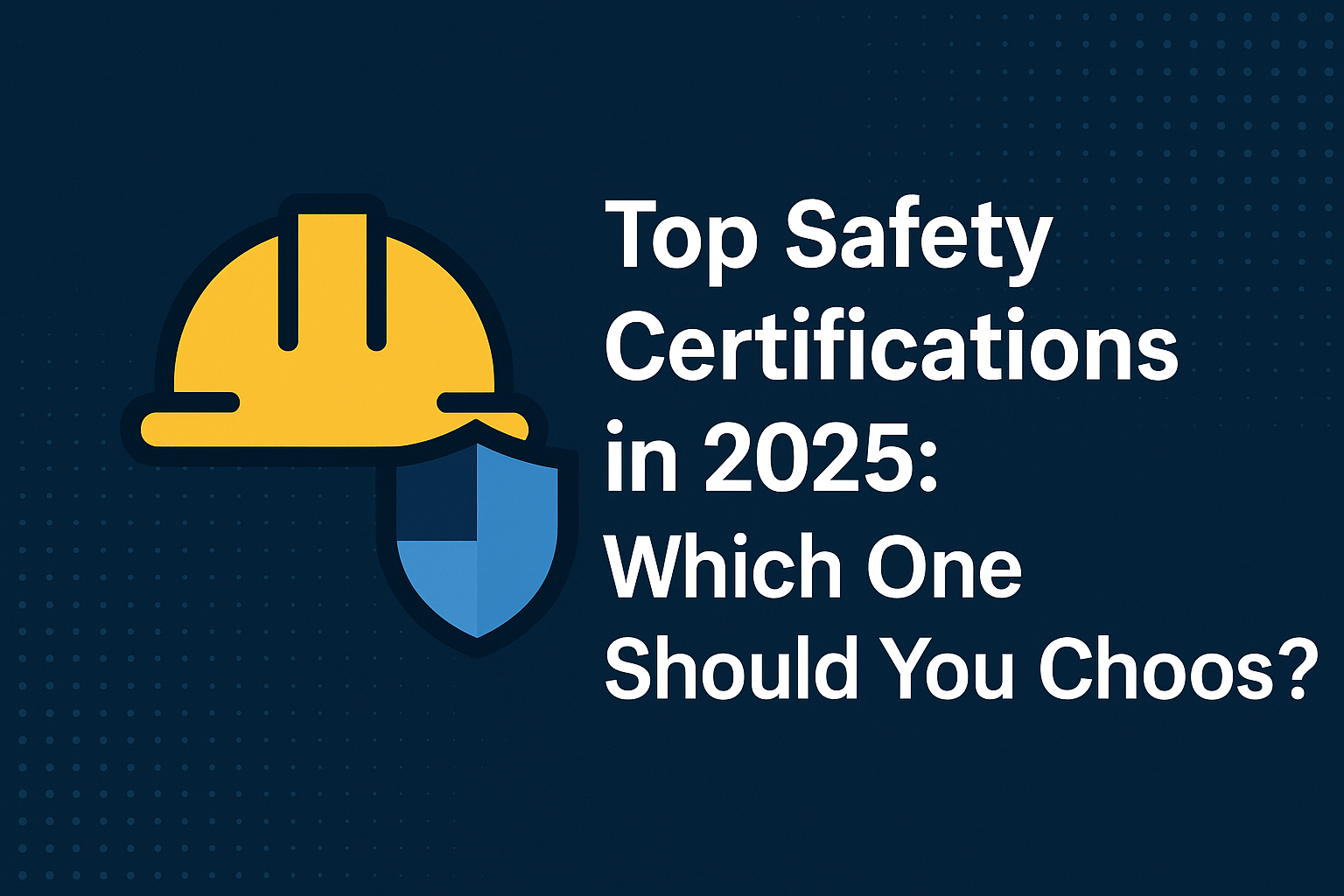
How To Succeed in your new HSE Job!
How To Succeed in your new HSE Job : Succeeding in a new Health, Safety, and Environment (HSE) job requires a combination of technical knowledge, communication skills, and effective leadership. Here are essential steps to help you succeed in your new HSE role:
- Understand Company Culture and Values:
- Familiarize yourself with the company’s culture, values, and commitment to safety. This knowledge will guide your actions and decisions as an HSE professional.
- Review HSE Policies and Procedures:
- Thoroughly review the company’s HSE policies and procedures to ensure you understand and can uphold them effectively.
- Build Relationships:
- Establish strong relationships with colleagues, managers, and employees at all levels. Effective communication and collaboration are essential in HSE roles.
- Stay Current with Regulations:
- Continuously update your knowledge of safety regulations and industry best practices. Attend training, workshops, and seminars as needed to remain up-to-date.
- Perform Risk Assessments:
- Conduct thorough risk assessments for various workplace activities. Identify hazards, assess risks, and implement controls to mitigate them.
- Implement Safety Programs:
- Develop and implement safety programs tailored to the company’s needs. These may include hazard communication, emergency response plans, and safety training.
- Train and Educate Employees:
- Provide comprehensive safety training to employees, ensuring they understand and follow safety protocols. Regularly reinforce safety messages through toolbox talks and training sessions.
- Lead by Example:
- Demonstrate a strong commitment to safety by adhering to safety rules, wearing appropriate PPE, and modeling safe behaviors. Your actions set the tone for others.
- Investigate Incidents:
- Investigate workplace incidents promptly and thoroughly, emphasizing root cause analysis. Develop corrective actions to prevent future occurrences.
- Use Data for Improvement:
- Collect and analyze safety data, incident reports, and near-miss data to identify trends and areas for improvement. Use this information to enhance safety programs and practices.
- Promote a Safety Culture:
- Foster a safety-first culture where all employees actively participate in safety efforts. Encourage open reporting of safety concerns and recognize and reward safe behaviors.
- Engage with Regulatory Agencies:
- Maintain a positive relationship with regulatory agencies. Be prepared for inspections and audits by keeping accurate records and ensuring compliance.
- Continuously Improve Processes:
- Seek opportunities to streamline and improve safety processes. Encourage feedback from employees and colleagues to identify areas for enhancement.
- Emergency Preparedness:
- Ensure that the company is well-prepared for emergencies by regularly reviewing and updating emergency response plans and conducting drills and simulations.
- Communication Skills:
- Develop strong communication skills to convey safety messages effectively to all employees. This includes the ability to explain complex safety concepts in an understandable way.
- Data Management:
- Become proficient in safety data management and reporting tools. This enables you to track key performance indicators and present data-driven insights to management.
- Documentation and Reporting:
- Maintain thorough records of safety activities, incidents, training, and program implementation. Accurate documentation is essential for compliance and analysis.
- Network and Learn:
- Connect with other HSE professionals through industry associations and forums. Sharing experiences and best practices can help you stay informed and grow in your role.
- Seek Feedback and Self-Reflection:
- Regularly seek feedback from colleagues and supervisors to identify areas for improvement. Engage in self-reflection to assess your own performance and areas of growth.
- Professional Development:
- Pursue additional certifications, training, and advanced degrees related to HSE to continually enhance your expertise.
- Stay Ethical and Consistent:
- Maintain the highest ethical standards in your role. Consistency in enforcing safety policies and procedures is vital for credibility and trust.
- Celebrate Achievements:
- Celebrate safety achievements and milestones with your team. Recognition and positive reinforcement help motivate employees to maintain a safety-conscious mindset.
Top 21 HSE Interview Questions and Answers! (How To Pass HSE Job Interview)
How To Answer 8 Difficult HSE Job Interview Questions!
Why SMALL TALK is so important in a HSE Job Interview?
HOW TO INTRODUCE YOURSELF IN A HSE JOB INTERVIEW? (SELF-INTRODUCTION BEST ANSWER)
Succeeding in an HSE role requires dedication, ongoing learning, and a commitment to creating a safer and healthier work environment. By prioritizing safety, engaging with colleagues, and continually improving processes, you can make a significant impact in your new HSE job.
























